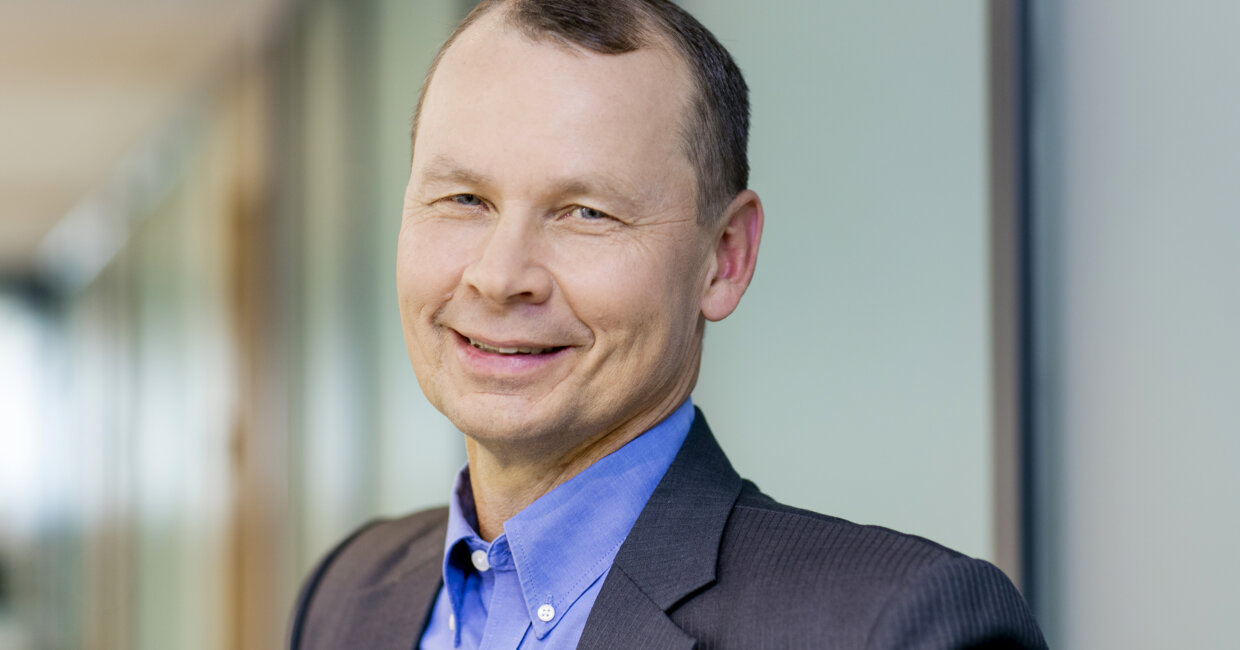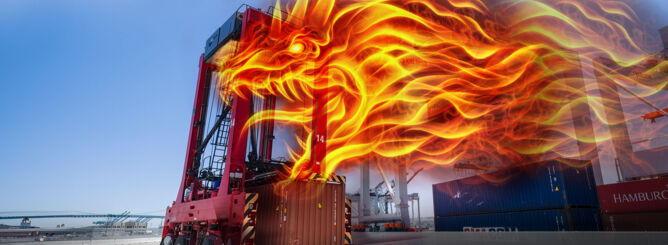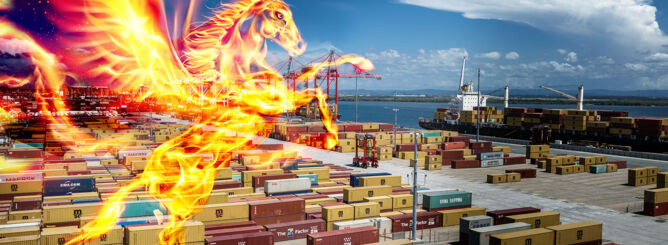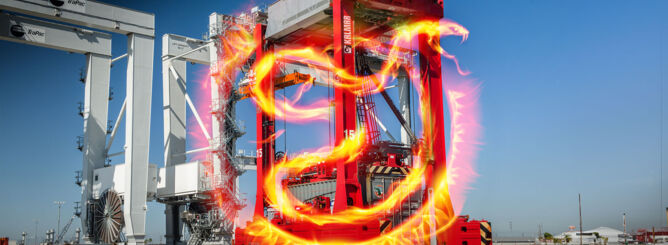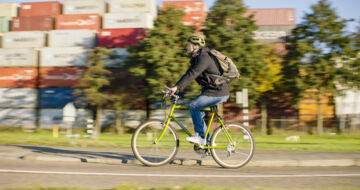Stay safe, keep moving
In this unprecedented global crisis, our top priorities as a company are twofold: To safeguard the health of our employees and to protect global logistics and trade.
In everything we do at Kalmar, our first priority is the health and wellbeing of our employees. Safety has always come first for us, and still does. Nevertheless, we also recognize that with our role in the global logistics chain comes great responsibility, not only towards our own company, but also towards our customers and societies.
We are facing an unprecedented global crisis that is both health-related and financial. To put it simply, our role as a company is to ensure that containers keep moving around the world. This means that we need to strike a difficult balance between safeguarding the health of our employees and minimising the spread of the coronavirus epidemic, while simultaneously ensuring that global logistics do not grind to a halt as a result of a failure of our equipment, systems or services. We need to get to the post-pandemic economic recovery phase, and we need to get there as soon as possible.
All hands on deck
On the practical level, the situation right now presents a multitude of challenges. Our maintenance business needs to have technicians available to keep customer's machines running, and spare part logistics must continue to run smoothly. Also, despite the fact that we read about little else in the news, the pandemic has not stopped everything. Our terminal customers are still carrying out their planned projects and are preparing for the resumption of normal activities in the months to come, so we need to be there for them.
We are seeing many promising signs of recovery – as I write this in the first week of April, the supply chains in China already seem to be mostly back to business as usual – but the road ahead is still hard and steep. The effects of the pandemic on the global logistics business will no doubt be dramatic. Most likely, we will see increased industry consolidation as the downturn of the economy takes its toll. The better we can support our customers through the difficult times, the faster the entire world economy will be able to get well again.
All this means that though we have made great progress in developing remote support for our clients, in many cases we just need to get people on site. And in the current situation, this is more complicated than shipping spare parts to a customer location. The conversations that we have had with many of our valued customers have not been easy.
Looking beyond the crisis
Even in this dire situation, it's possible to foresee some positive outcomes. Firstly, out of sheer necessity, we will have rapidly invented a lifetime's worth of new ways to work. The much-hyped leap to digitalisation has become a reality almost overnight in many areas of life. Just as we, along with our children and grandchildren, have instantly adapted to remote work at home, once the crisis passes, we will be years further in our capacity to innovate and deliver remote support and services.
Secondly, there is no doubt that the crisis will only strengthen the demand for terminal automation at ports and intermodal terminals worldwide. This is the hardest that our industry has been hit since the financial crisis 2008, perhaps ever. But we will adapt, learn, and overcome these difficulties just as we have before.
As a key player in the global logistics business, Kalmar has a huge role in keeping the wheels of commerce turning. Even in these difficult times, we are there for you – our customers – as best as we can. At the same time, we ask for your understanding as we strive to keep our employees safe and healthy while adhering to the mobility restrictions imposed by governments worldwide. It won't be easy, but together we can, and will, pull through.
Antti Kaunonen
President, Kalmar Automation Solutions
